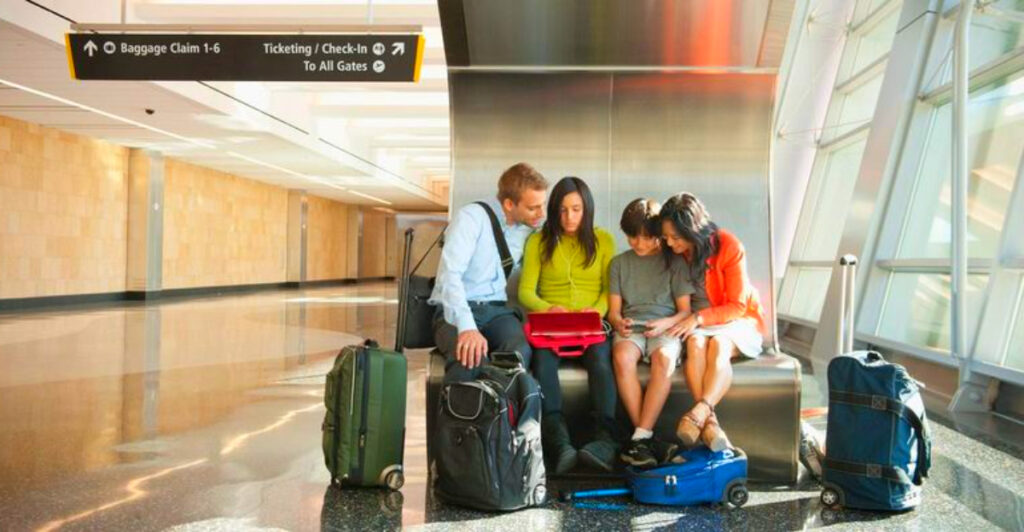Family vacations create lifelong memories, but they can quickly turn stressful when common mistakes derail your plans. Experienced parents have learned the hard way which pitfalls to avoid when traveling with children. Learning from their missteps can save you time, money, and countless headaches on your next adventure. Here are ten crucial mistakes that seasoned family travelers wish they had avoided.
1. Skipping Snacks and Meals
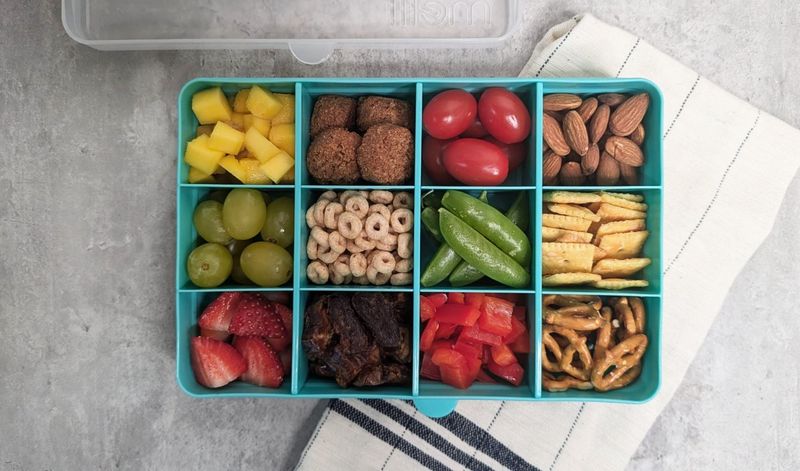
Hungry children become cranky children faster than you can say “Are we there yet?” Many parents underestimate how quickly hunger strikes during travel days.
Pack healthy snacks like granola bars, fruit pouches, or crackers in easily accessible bags. Airport food courts close unexpectedly, and restaurants might have long waits.
Smart parents always carry backup snacks to prevent meltdowns and keep everyone happy during delays or unexpected schedule changes.
2. Overpacking the Suitcase
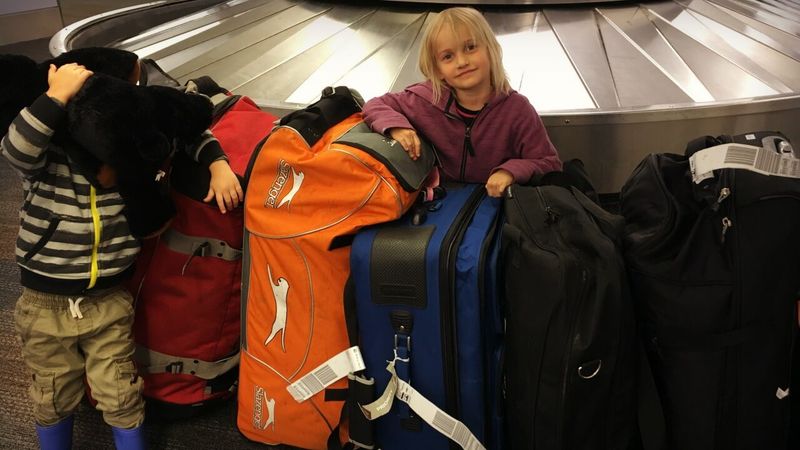
Dragging heavy suitcases through airports while chasing toddlers is nobody’s idea of fun. Parents often pack excessive clothing “just in case” scenarios that rarely happen.
Choose versatile pieces that layer well and mix-and-match easily. Remember that most destinations have stores where you can buy forgotten items.
Experienced travelers recommend packing half of what you think you need, then removing another quarter before zipping up those bags.
3. Forgetting to Plan for Downtime

Cramming attractions into every waking moment sounds productive but leads to exhausted, cranky families. Children need breaks to process new experiences and recharge their energy.
Build buffer time into your itinerary for park visits, pool time, or afternoon naps. These pauses prevent overstimulation and meltdowns.
Veteran parents swear by the “one major activity per day” rule, leaving plenty of room for spontaneous discoveries and rest periods.
4. Ignoring Kid-Friendly Accommodations

Choosing the cheapest hotel without considering family needs often backfires spectacularly. Thin walls, no refrigerator, and tiny rooms create unnecessary stress for everyone.
Look for accommodations with family amenities like adjoining rooms, kitchenettes, pools, or complimentary breakfast. These features make daily routines much easier.
Spending slightly more on suitable lodging pays dividends in comfort, convenience, and family harmony throughout your entire trip.
5. Not Pre-Booking Key Attractions

“We’ll figure it out when we get there” sounds adventurous until you’re staring at sold-out signs with disappointed children. Popular attractions fill up quickly, especially during peak seasons.
Research and book tickets in advance for must-see destinations like theme parks, museums, or special tours. This prevents crushing disappointment and wasted time.
Many venues offer skip-the-line options that are worth every penny when traveling with impatient little ones.
6. Forgetting Travel Documents for Kids
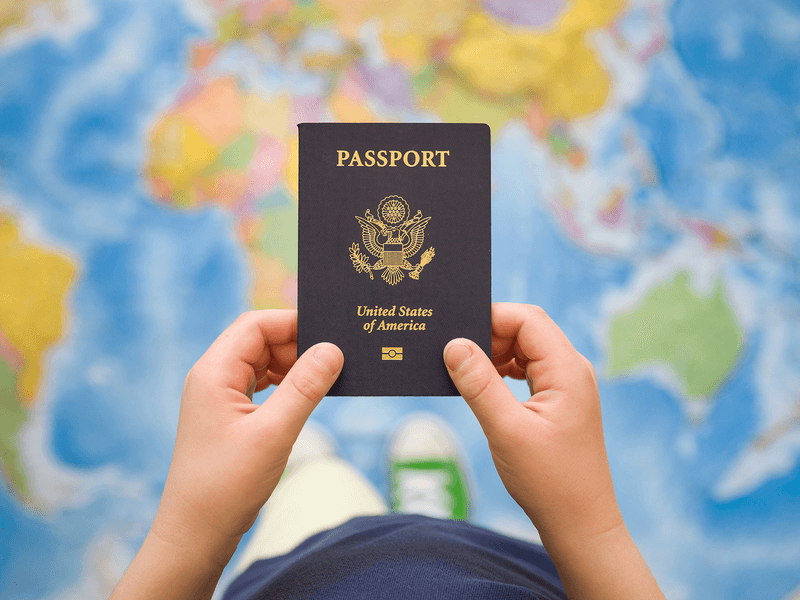
Discovering at the airport that your child needs specific documentation creates panic-inducing stress. Requirements vary by destination and change frequently.
Check passport validity, vaccination records, and identification requirements well before departure. Some countries require passports to be valid for six months beyond travel dates.
Create a travel document checklist and verify requirements with official government websites rather than relying on outdated information or assumptions.
7. Skipping Travel Insurance
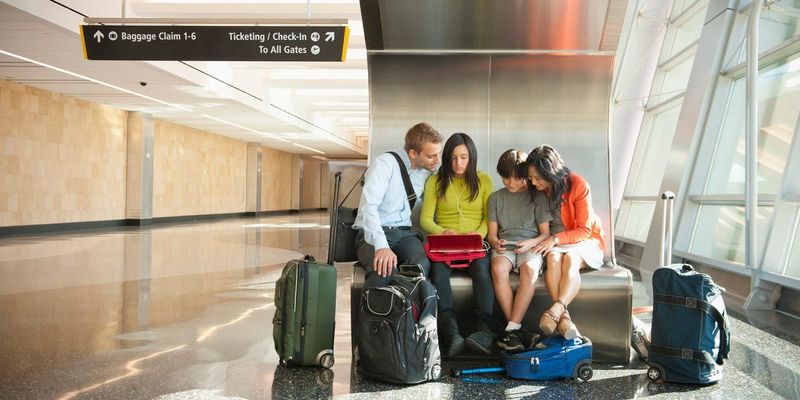
“Nothing bad will happen to us” is famous last words for unprepared families. Children get sick, flights get canceled, and luggage disappears more often than you’d expect.
Travel insurance protects against medical emergencies, trip cancellations, and lost belongings. The cost is minimal compared to potential out-of-pocket expenses.
Smart parents consider it essential protection, not an optional expense, especially when traveling internationally with children who have unpredictable health needs.
8. Ignoring Time Zones and Jet Lag
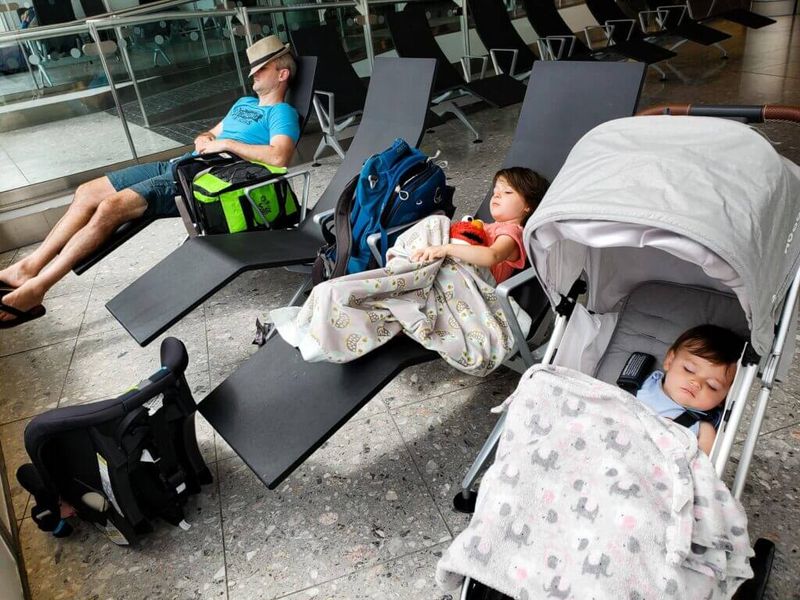
Jumping straight into packed sightseeing schedules after long flights is a recipe for disaster. Children struggle more with time zone changes than adults realize.
Plan lighter activities for the first day or two, allowing everyone to adjust gradually. Consider arriving a day early for important events.
Experienced parents recommend maintaining home meal and sleep schedules as much as possible during the adjustment period to minimize disruption.
9. Not Bringing Entertainment

Long flights and layovers test even the most patient children’s limits. Relying solely on airline entertainment or hoping kids will sleep rarely works out perfectly.
Load tablets with downloaded movies, audiobooks, and games before departure. Pack coloring books, card games, or small puzzles as backup options.
Seasoned travelers recommend introducing new activities during the trip to maintain novelty and engagement throughout lengthy travel days.
10. Forgetting to Involve Kids in Planning
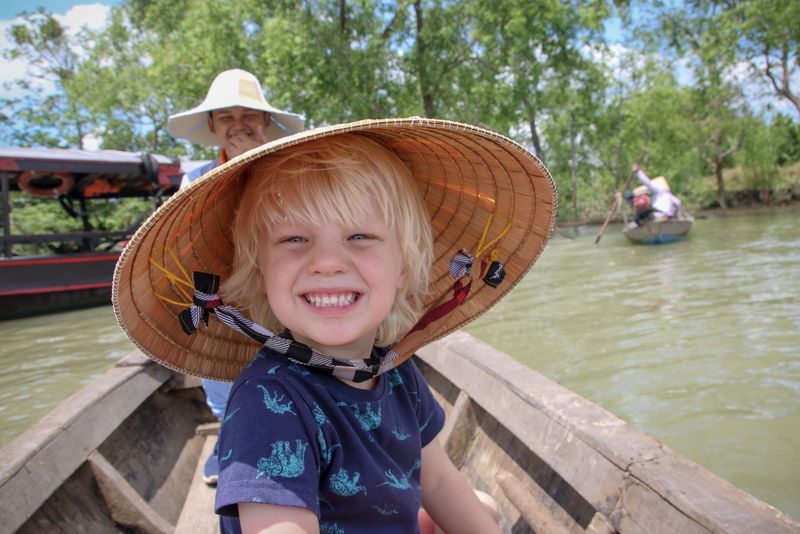
Children cooperate better when they feel included in decision-making rather than being dragged along on someone else’s adventure. Giving them choices creates investment in the experience.
Let each child choose one activity, restaurant, or stop during your trip. This ownership reduces complaints and increases enthusiasm.
Parents report that involving kids in planning creates anticipation and helps children feel more connected to the travel experience overall.

